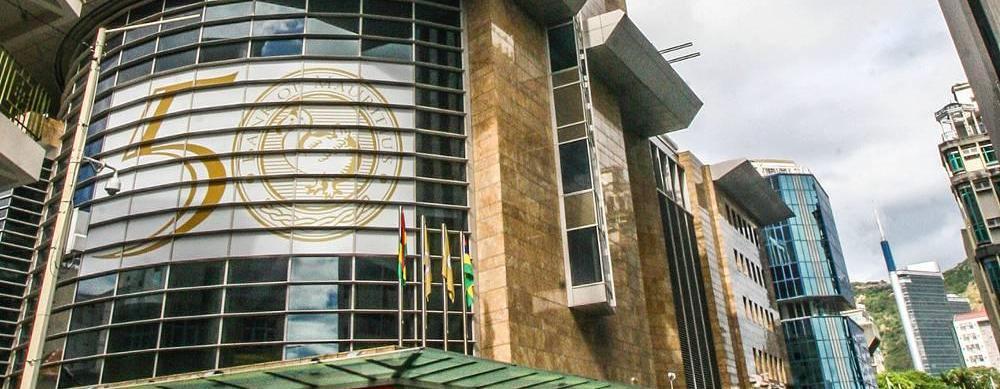Africa-Press – Mauritius. Pricilla Mathura Thakoor, Governor of the Bank of Mauritius, emphasized that financial institutions should not only fund large projects but also support SMEs, women entrepreneurs, youth, and local initiatives. The Regional Center for Excellence (RCE) and the OECD launched a report on capital markets in Africa titled “Banking and Capital Markets in Africa.” In her first public appearance, Governor Thakoor delivered a powerful speech on the strategic role of the financial sector in Africa’s economic transformation.
She stressed that African banks and capital markets must become true engines of inclusive, sustainable, and resilient growth that harness Africa’s demographic and economic potential. With over 1.4 billion inhabitants and a median age below 20, Africa has a dynamic youth population capable of transforming its future. According to data from the African Development Bank, IMF, and the World Bank, Africa’s GDP growth is expected to reach 3.9% in 2025 and 4% in 2026, outperforming the global average.
However, this economic vitality will only be fully realized through reforms in economic and financial structures, improved governance, and promotion of inclusion at all levels. Thakoor called for redefining the role of banks in Africa to also support local economies alongside large infrastructure projects.
She cited Mauritius as a model balancing innovation and stability, highlighting the regulation that supports digital banking and virtual assets. Nearly 350 million Africans remain unbanked, missing essential financial services which hampers local economic development. She advocated accelerating the digitalization of financial services through mobile solutions, microfinance, and digital banking, citing Kenya’s M-Pesa as an example of technology leapfrogging to include the vulnerable.
On sustainability, she noted the increasing importance of ESG criteria. African financial institutions must finance the green transition, including resilient infrastructure, sustainable agriculture, and climate change adaptation, emphasizing that sustainable development is a necessity, not a luxury.
Mauritius is leading with guidelines on digital banking and virtual assets balancing innovation with stability—offering a model for Africa. She also lamented the shallow and poorly integrated African capital markets that limit long-term growth financing. The African Development Bank estimates the infrastructure deficit at 68 to 108 billion USD annually, even though African institutional investors manage over 2,100 billion USD in assets. Development of bond markets, transparency, liquidity, and regional regulatory harmonization are critical.
Emerging technologies like blockchain and smart contracts can lower costs and build trust. Building human capital with trained financial professionals, promoting diversity, and including women and youth are key. Central banks play a vital role in system stability, financial education, and consumer protection, collaborating through the Association of African Central Banks.
She reiterated Mauritius’s leadership in regulation and encouraged other African countries to adopt similar frameworks for responsible innovation aligned with international standards.
In conclusion, she called for collective action to mobilize capital, strengthen institutions, integrate markets, and invest in youth to unlock Africa’s immense potential and build a prosperous, sustainable, inclusive continent.
For More News And Analysis About Mauritius Follow Africa-Press







